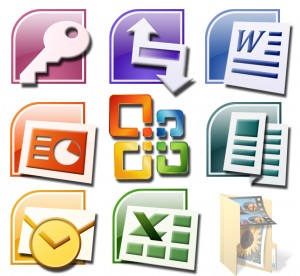
Small Business Saturday was created to recognize the impact that local small businesses have on the economy. With the overwhelming number of franchises, major corporations and conglomerates that inhibit the world today, small businesses can sometimes be overlooked. However, when these small (and mighty) companies are beginning to change and shape our attitudes on the way we think, buy and invest, we begin to take notice. Especially when 15,000 professionals and businesses from across the world come together to showcase what their field means to them. Welcome to the biotech industry, where small businesses have started to boom and show no signs of slowing down.
The Bio International Convention in Boston, MA was held last week from June 18-21 and attracted companies from countries around the world including Germany, Russia, Italy, France, representatives from most US states, and so many more. Boston’s local newspaper reports that in the past two quarters, Boston’s life sciences industry attracted approximately $300 million in venture capital. Of these life science and biotech companies, it’s the smaller businesses that are making this impact. Yes, major game players like Genzyme and Pfizer were present at the conference, and are crucial corporations to the industry, but working together with small businesses has helped to revolutionize the industry.
Biotech is just one example of a booming field driven by small businesses. Small businesses should be recognized every day, not just on Saturday’s! TRA360 was fortunate enough to have representatives attend BIO 2012 (stay tuned for an “impressions” blog post to come later!) Are you in the biotech field and were able to attend BIO 2012, too? Let us know and comment below!




